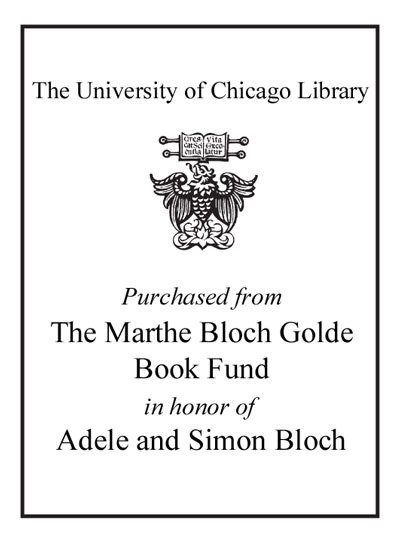Review by Booklist Review
One of the standouts in a long line of self-indulgent European royals, Christina, with her eccentricities, merits Buckley's close attention. From the moment of her birth in 1626, when she was mistakenly identified as a boy, to the time of her death in 1689, she ardently pursued an extraordinarily extravagant life characterized by an emotionally contrary nature. Many have speculated about her seemingly ambiguous sexuality, but, as Buckley discerns, her refusal to even contemplate marriage evidences both an independent temperament and an essentially asexual orientation. Formally ascending the Swedish throne in 1644, she proved to be a lavish and fiscally irresponsible monarch, leading Sweden to the verge of bankruptcy in six short years. Restless and bored, she longed for intellectual and physical warmth, cultural enlightenment, and adventure. Abdicating in 1654, she converted to Catholicism, moved to Rome, and undertook a bold and ultimately disastrous plan to seize the throne of Naples. Proud, impulsive, and willful, Christina was convinced she had the divine right to lead her life by her own rules. --Margaret Flanagan Copyright 2004 Booklist
From Booklist, Copyright (c) American Library Association. Used with permission.
Review by Publisher's Weekly Review
Christina abdicated the throne of Lutheran Sweden in 1654, at age 28, presumably in order to convert to Catholicism. Buckley presents a wide-ranging, entertaining exploration of the dynamics of the queen's decision and unusual life. The author, in her debut, convincingly demonstrates that it wasn't religion that drew Christina to Rome, but a love of art and the ancients. Nor did a true love of philosophy encourage her fateful invitation to Descartes to come to Stockholm, but a restless, clever mind and a belief in her own great potential. Nor, says Buckley, did homosexuality lead her to decline marriage but a larger sexual ambivalence. Attracted to both men and women, yet disgusted by the idea of sex, Christina was most comfortable in masculine garb, critical of women and bitterly aware of the limitations society placed on women. Buckley weaves these threads together in a lively portrait, laying out the background to her story in fluid prose, from political and military aspects of the Thirty Years' War to machinations of the papal and French courts and the fragile state of the monarchy in Sweden. Against this background, Christina emerges as a complex and difficult character who transcends the attempts of others to mold her to their uses and expectations. Illus. not seen by PW. Agent, Victoria Hobbs. (Oct. 1) (c) Copyright PWxyz, LLC. All rights reserved
(c) Copyright PWxyz, LLC. All rights reserved
Review by Kirkus Book Review
Newcomer Buckley catches in all its peculiarity the life of a woman who abdicated Sweden's throne primarily because she couldn't stand all that pressure to get married. With considerable polish--and an occasional tilt to the baroque that befits its subject--Buckley tells the story of Christina (1626-89), a curious and by no means unentertaining soul who was also a real bundle of damaged goods. She was born into what was for all intents a medieval kingdom: rural, racked by war, and surrounded by enemies (Austrian Habsburgs, Poland-Lithuania, Denmark, not to mention the Ottoman Empire). Her simpering mother was lost to profound mental disarray; her father's shadow dimmed all around him. Thrust into the role of queen at age six, Christina made every bad move available. In hopes of resuscitating the royal coffers, she sold titles and gave away royal land, which accomplished just the opposite; she tried to be crafty, but succeeded only in giving offense and looking the fool; she gathered together a fractious academy that managed to result in the death of Descartes. All this, and the ever-present wealth of intrigues and secret alliances, is comfortably spelled out by Buckley, who is not unsympathetic to the pathetic Christina, but doesn't cut her any slack, particularly when dealing with her absurd plot to steal the throne of Naples and her order to execute one of her retinue, a murder retold in grisly detail. The queen connived with cardinals; she loathed Sweden's Lutheranism with its motto--"Let women bear children unto death"--and her own sexuality, as Buckley explains, was a mystery. She bled the Swedish coffers to finance her lavish habits and generally had as much fun and made as much trouble as possible. Correctly described by the author as "a sad tale . . . of promise unfulfilled, and of strength thwarted by weakness," but also as good a case as any against the existence of royalty. (Illustrations, not seen) Copyright ©Kirkus Reviews, used with permission.
Copyright (c) Kirkus Reviews, used with permission.
Review by Booklist Review
Review by Publisher's Weekly Review
Review by Kirkus Book Review

